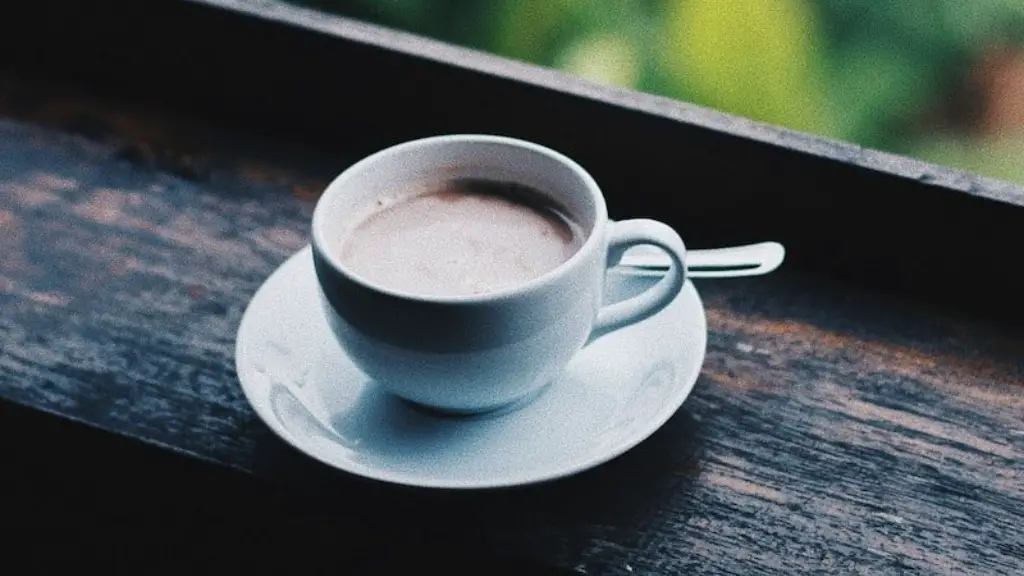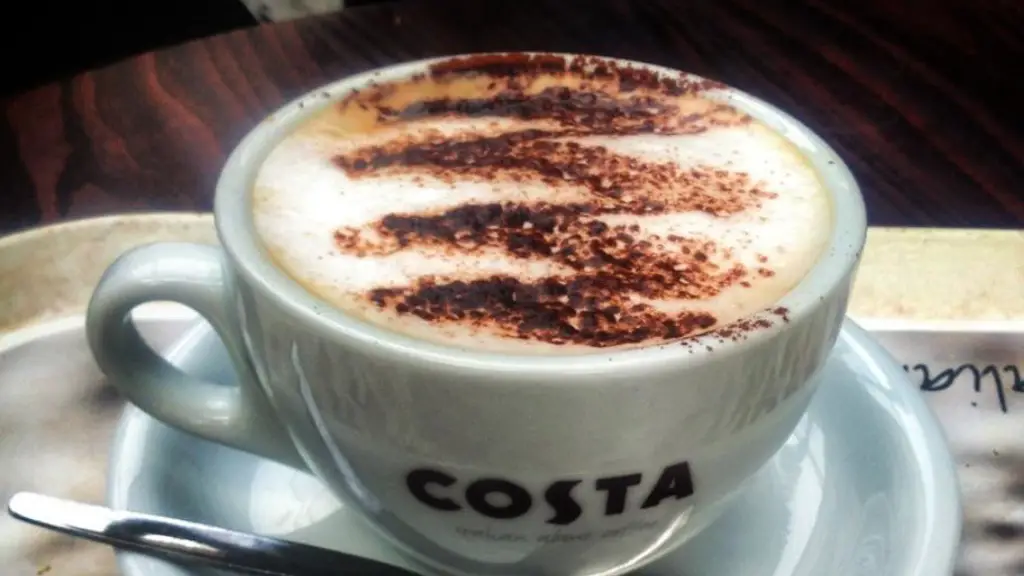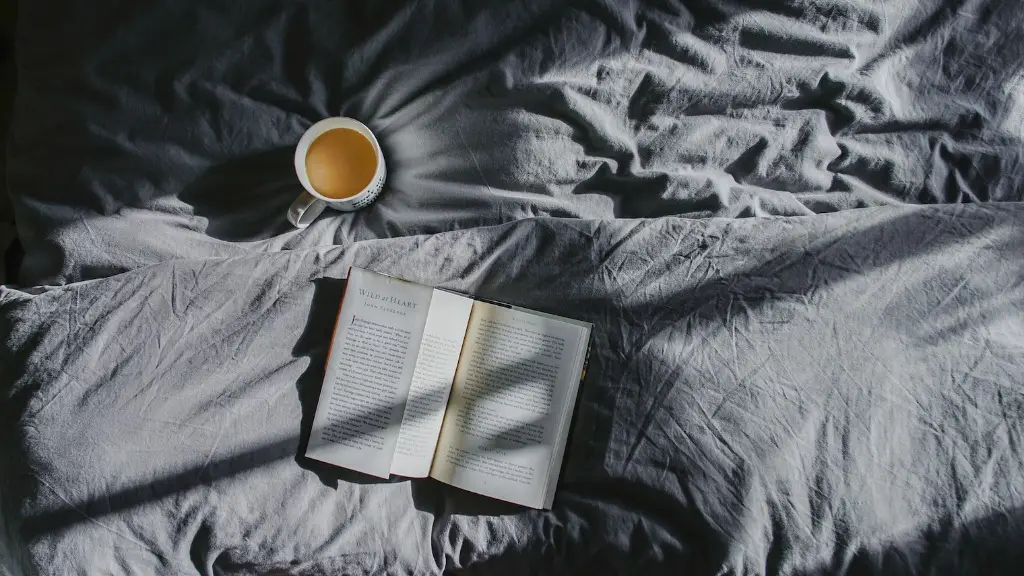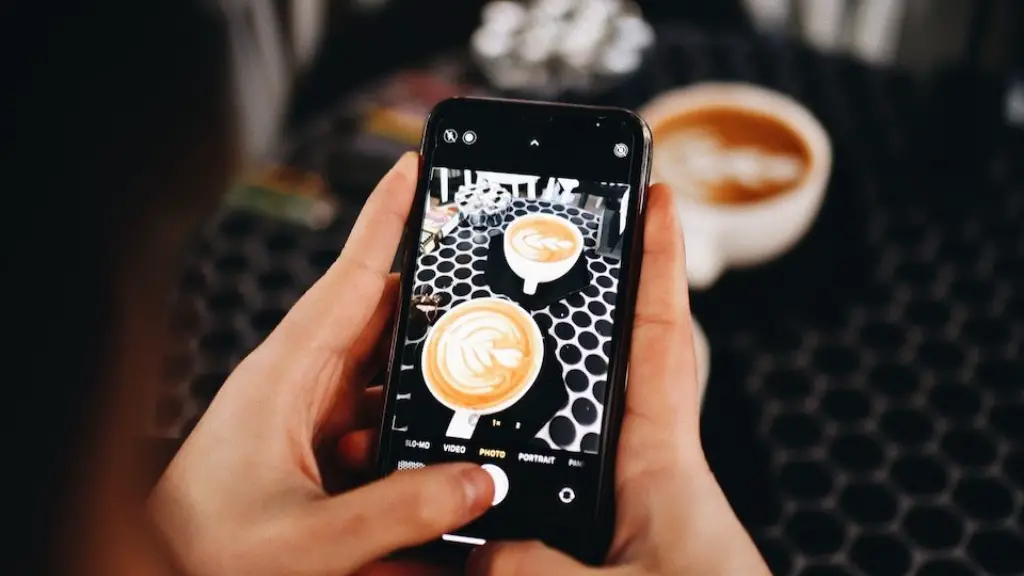It is common for doctors to recommend fasting for lab work but can you still drink coffee? Despite coffee being a stimulant, there are certain cases in which it is safe and recommended to drink coffee while fasting for lab work. In this article, we will discuss the reasons why doctors recommend fasting, how coffee may affect lab results and when coffee consumption is considered safe. Hopefully, this article will provide readers with the essential information needed to make an informed decision regarding coffee intake while fasting for lab work.
What is Fasting For Lab Work
Fasting for lab work may sound intimidating, but it is simply referring to a period of time in which the individual does not eat or drink anything but water. Doctors typically recommend fasting for 8-12 hours before a blood test. During this time, the individual should abstain from eating, drinking or doing anything that may potentially interfere with the test results. Fasting is important for lab work because it helps to provide the doctor with the accurate results that are required for effective diagnosis.
Does Coffee Interfere With Lab Work
The simple answer is that it depends. Generally speaking, it is wise to avoid drinking coffee while fasting for lab work, however, there are certain cases in which it is considered safe. For example, if the individual is only undergoing a urine test, they may be able to drink coffee without impacting the test results. This is because the presence of caffeine can be detected in the urine. However, if the individual is undergoing a blood test, it is best to avoid coffee and other caffeinated beverages to ensure accurate test results.
Pros And Cons Of Drinking Coffee While Fasting
Aside from the impact that coffee has on the accuracy of test results, it is important to consider the pros and cons of drinking coffee while fasting. On the one hand, coffee can provide the individual with a mental and physical boost of energy, helping them to stay alert and focused. Additionally, some studies have even suggested that consuming up to three cups of coffee may help to reduce inflammation and inflammation related diseases such as type 2 diabetes.
On the other hand, there are potential negative side effects to consider if coffee is consumed while fasting. Drinking coffee may lead to increased levels of stress and anxiety, as well as raise blood pressure and heart rate. There is also the potential for coffee to interfere with the accuracy of lab results, resulting in an inaccurate diagnosis.
Can I Drink Decaf Coffee While Fasting
Decaf coffee is typically allowed while fasting for lab work, however, it is best to check with the doctor performing the test. Decaf coffee is generally considered safe because it contains much less caffeine than regular brewed coffee, usually between 0-7mg per serving versus 95 mg in an average serving of regular coffee. Additionally, decaf coffee is often more palatable than regular coffee, making it a better choice for those who may find the taste of regular coffee too strong.
In Summary
It is important to remember that doctors typically recommend fasting for 8-12 hours before a lab test, and that consuming coffee during this time is not recommended in most cases. However, if the individual is taking a urine test, they may be able to drink coffee without interfering with the results. If the individual is going to drink coffee while fasting, they should opt for decaf to reduce the risk of interference with lab results. Ultimately, the decision of whether to drink coffee while fasting should be made on an individual basis with the guidance of a doctor.
Additional Factors To Consider
It is important to keep in mind that drinking coffee while fasting for lab work may not be the only factor that can affect test results. For example, certain medical conditions, medicines, and supplements may all have an impact on lab results, so it is important to speak with a doctor to determine if any additional factors may interfere with the procedure.
Experts Insights
Experts typically agree that abstaining from drinking coffee while fasting for lab work is the best course of action. Dr. Megan McGlochlin, a board-certified family physician stated that “generally speaking, doctors recommend fasting for 8-12 hours before a blood test to help ensure accurate results. In these cases, abstaining from coffee consumption is usually recommended because caffeine can interfere with the accuracy of the results”. She also went on to say that “on the occasions when coffee consumption is considered safe, decaf may be the better option to reduce the risk of interference with test results.”
Other Considerations
When it comes to drinking coffee while fasting for lab work, it is important to consider other aspects of the individual’s health. For example, people with heart conditions or those on specific medications should speak with their doctor before drinking coffee, even if it is decaf. Additionally, those who are pregnant, breastfeeding or under the age of 18 should consult a doctor before drinking coffee to determine if it is safe for them.
Food and Drink Alternatives
For many individuals, drinking coffee while fasting can be an appealing option but it is important to consider other food and drink alternatives as well. One option is to opt for herbal teas such as chamomile or peppermint, which may provide some of the same benefits as coffee without the potential health risks associated with caffeine. Additionally, low-sugar snacks such as crackers, cereal, or oatmeal can provide energy, without the potential interference with test results.
How To Drink Coffee Safely
When it comes to drinking coffee while fasting for lab work, it is important to understand how to do so safely. First, it is important to speak with the doctor in order to determine whether or not it is safe to drink coffee. If the doctor says that it is okay, it is best to opt for decaf and limit the intake to between one and three cups of coffee per day. Additionally, it is important to consider the effects that the coffee may have on overall health and take any necessary precautions.
When To Refrain From Drinking Coffee
Though drinking coffee while fasting for lab work can be beneficial, there are certain circumstances in which it is not recommended. For individuals that have medical conditions or are taking medications, it is best to speak with their doctor before drinking coffee. Additionally, pregnant women, breastfeeding women, and children should avoid drinking coffee while fasting in order to reduce the risk of potential health complications.
What To Do After Drinking Coffee
If an individual has consumed coffee while fasting for lab work, it is important to take the necessary steps to ensure accurate test results. First and foremost, it is important to speak with the doctor performing the test in order to confirm that the results will still be accurate. Additionally, it is recommended to drink plenty of water prior to the test to help flush out caffeine from the system. Additionally, it is important to monitor the side effects of the caffeine to determine if there may be any interference with the test results.



